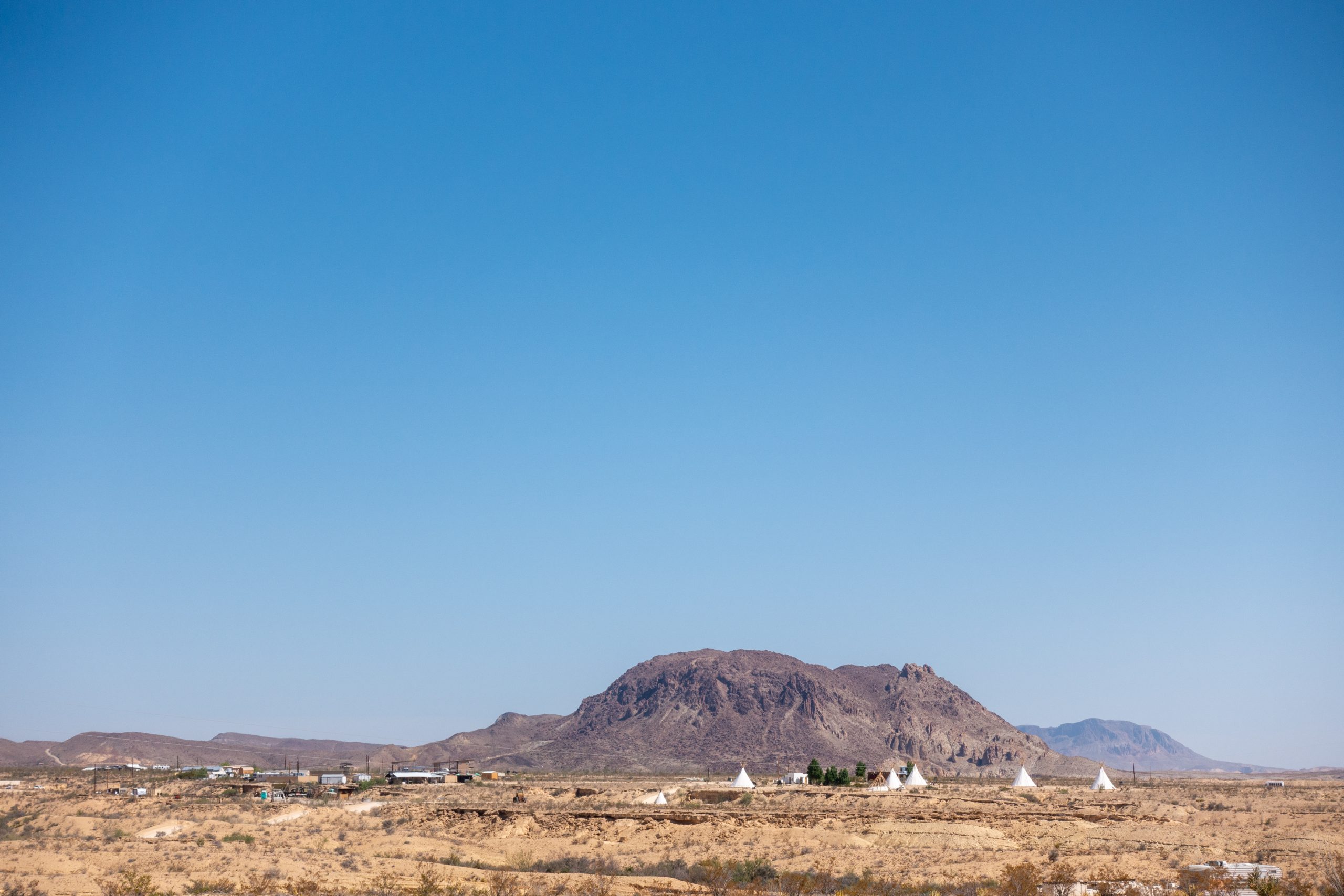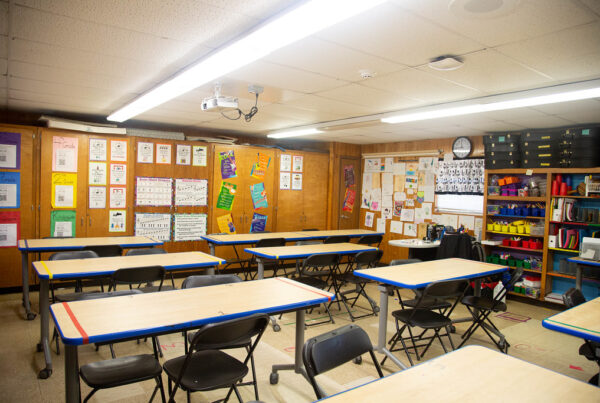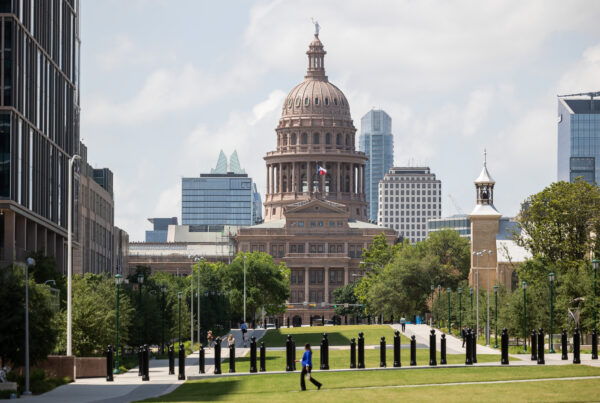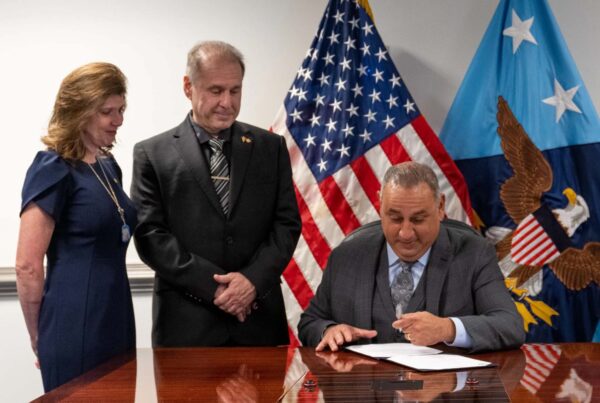Lawmakers have talked a lot about property tax relief for homeowners in the 88th legislative session. Gov. Greg Abbott called a special session on the same day the regular session adjourned to keep working on the issue.
When we talk about rising home value squeezing out residents, we’re usually thinking about the big cities in Texas. However, rural parts of Texas are also being hit hard by skyrocketing property values.
This includes Terlingua, a small town right outside Big Bend National Park.
Sam Karas, who has been writing about this issue for the Big Bend Sentinel, said some people had their property valuations – and therefore their property taxes – triple this year.
“I ran into one property owner whose land value had gone up 3,300%. So the extent of the problem is pretty big,” Karas said. “So basically what’s happening is that Texas law requires counties to reappraise their properties at least every three years. So these valuations are reflecting how much the market has changed since the pandemic and then the three years before that.”
During that time, Terlingua saw a huge boom in tourism. The number of hotels and Airbnbs paying taxes has doubled since the county started keeping track in 2015, according to Karas.
“Then the pandemic hit and you have park tourism go through the roof,” she said. “All these people really need somewhere to go. And there’s been a lot more interest from outside the region and outside the state in buying property as an investment.”
Karas said these rocketing home prices are a big change for Terlingua.
“When I first started coming down here about 10 years ago, roughly, if you were my age you could pick up a piece of land on the ranch, about 20 acres, for about $5,000. That’s just not the case anymore,” she said. “Part of what makes this so complicated is that Terlingua is an extremely transient place. A lot of our workers are seasonal. You have river guides; you have people running staple tours, people working on the golf course. So a lot of people who are really important to our community aren’t full-time residents. And so they don’t get a homestead exemption. And they’re the people who are really being hit by this the most.”
Though many of the people who live in the area are older, there are children and a public school. Karas said the issue of property taxes is tied to school funding in Terlingua, just like everywhere else.
“Basically the school sets its budget every year, and then the state pledges to fill in what property taxes can’t. But that only happens if property valuations are within 5% of market value and the state determines if the county appraisal district is doing what it needs to do,” she said. “It’s worth noting that school budgets are super barebones. It doesn’t include anything like building improvements. So any cuts to that funding really affect students’ education.”
Karas also noted that although the property valuations are on the rise, the infrastructure in Terlingua remains nearly nonexistent.
“I would say that what most of the country would consider camping is what it’s like to live full time in Terlingua, where there just aren’t services. So people are running on solar. They’re running on water catchment. I like to talk about something that I call the bathroom test, which is: Most people think that it’s very romantic and idealistic to live off the grid until they have to shovel out a composting toilet,” she said. “People are totally self-sufficient in this way that you don’t have to be pretty much anywhere else in the country. And so a lot of those people are feeling really squeezed out and in a way disrespected by the rise in property taxes.”














